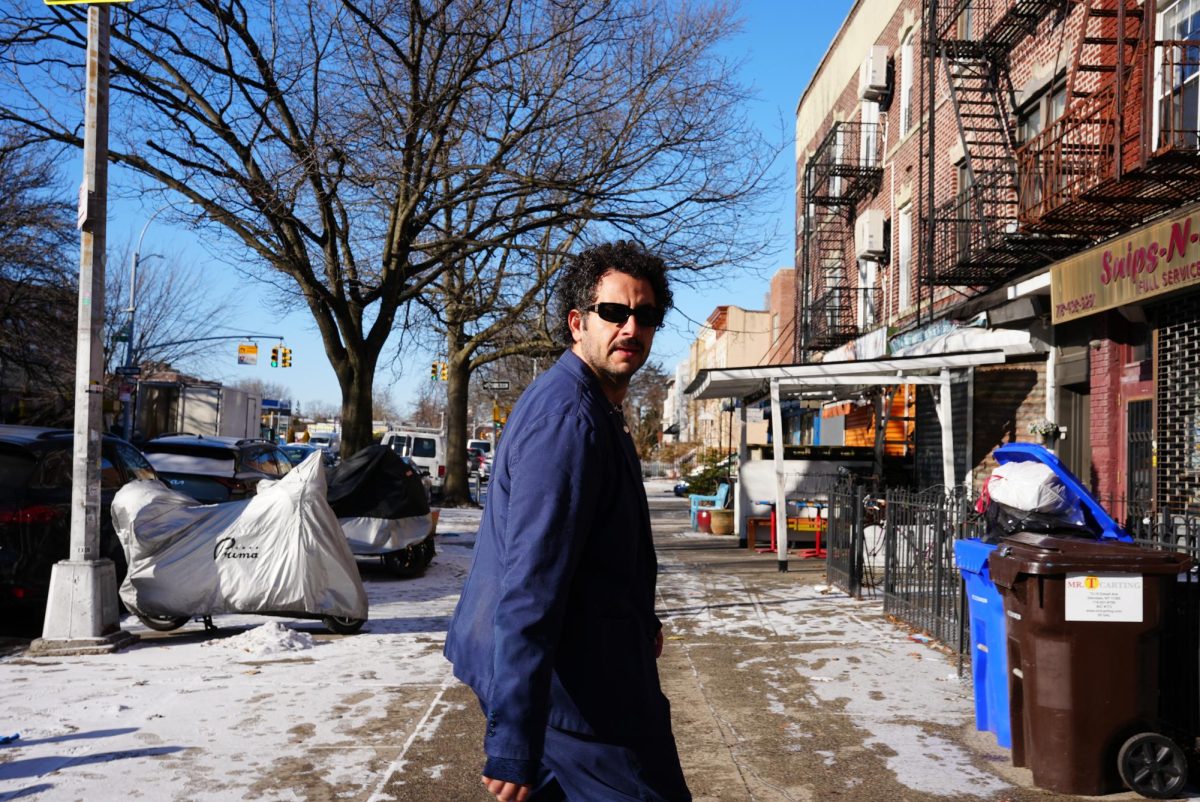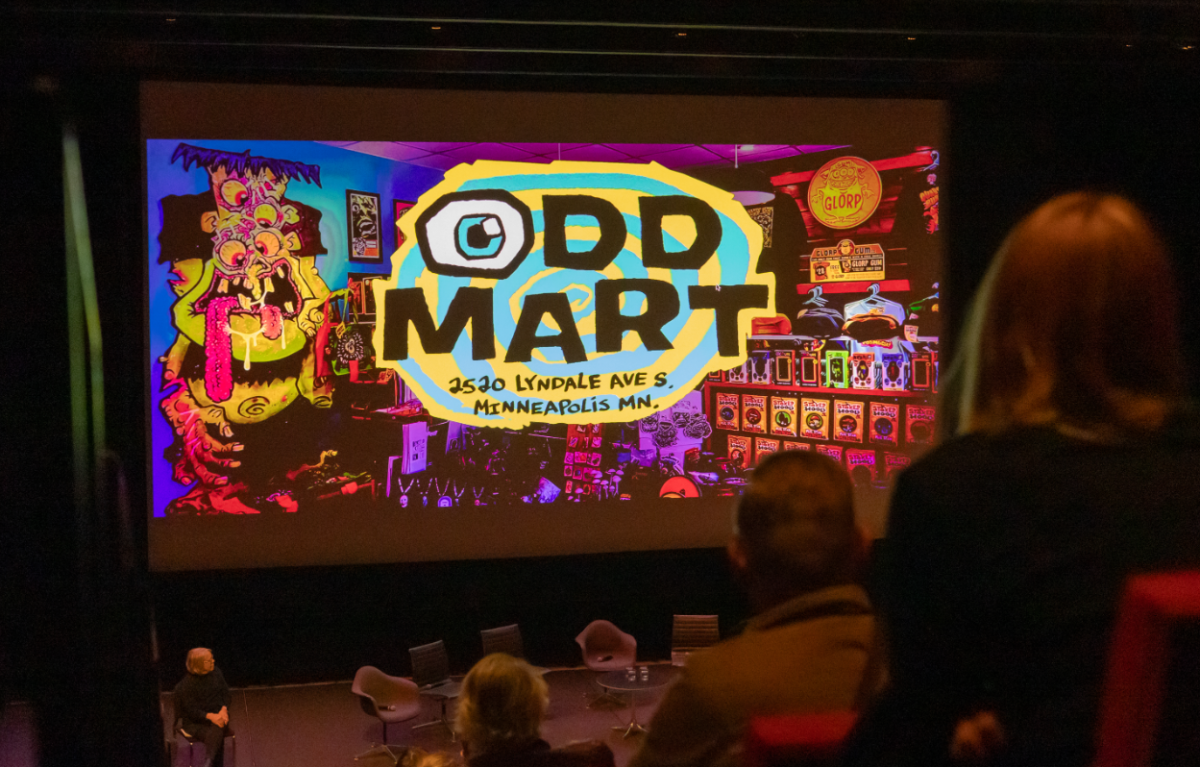Stephen Chow is China’s most popular comedian. His claim to fame? He writes, directs and stars in hilarious kung-fu movies that make a lot of money.
The filmmaker has found success by innovating in a genre that has seen it all lately – from the dramatic grandeur of “Crouching Tiger, Hidden Dragon” to the sci-fi rush of “The Matrix.”
But nobody can torque the genre quite like Chow.
“For me, to make just a kung-fu movie is meaningless,” Chow said in an interview with The Minnesota Daily. “What I really want to do has to be different from anything else.”
His new film, “Kung Fu Hustle,” is indeed unlike anything we’ve seen before.
Imagine the beautiful carnage of “Kill Bill: Vol. 1” cross-pollinated with the dopiness of Bugs Bunny and his “Looney Tunes” brethren.
The result: obscene craziness.
There’s a story here too: Something about a couple of kung-fu landlords protecting their rundown tenements from ax-wielding gangsters in Depression-era China. In the middle of this epic struggle is Chow’s anti-hero, a wannabe gangster whose conscience gets the best of him.
The actual plot, though, isn’t nearly as important as how Chow tells the story.
Chow seems to be waging a war against cinematic convention.
To begin with, his characters – in this case, ax-wielding gangsters – often break out into song and dance because Ö well, just because.
Chow’s most intense experimental move is his use of special effects. He loves them. In “Kung Fu Hustle,” movement of any kind is often amplified with the type of daring effects usually reserved for space operas.
Though, in person, Chow slyly denies his obsession with the computer-generated images.
“Personally, I would like to stay away from them,” he said.
That sounds funny coming from a guy who turns a chase between two barefooted warriors into a scene right out of the Roadrunner and Wile E. Coyote cartoons.
Chow’s mixing of genre and visual technique can be compared to the French masters of the 1960s, who critiqued boorish Hollywood cinema by misusing cinematic convention. But while those films were often too highfalutin for lay filmgoers to enjoy, Chow’s movies, which seem to be making a similar critique, are speaking in a film language everybody can understand.
When talking about his films, though, Chow is more interested in the philosophical aspects of his work.
“For me, martial arts means the spirit of sacrifice,” he said with a straight face. “And that’s what I’m trying to tell in ‘Kung Fu Hustle.’ “
Sure enough, under all that hypercolored, whirling artifice is a life lesson anchored in morality (Chow’s faux-gangster must eventually make a decision between greed and good).
“Kung Fu Hustle” is Chow’s second chance at bringing his brand of funny, morally conscious kung-fu to the United States. His last film, 2001’s “Shaolin Soccer,” was at the time the highest-grossing domestic film in Hong Kong history. But when Miramax brought the film to the U.S. market in 2003, the studio cut out lengthy sequences and dubbed the movie into English. The Americanized facelift backfired, and the film bombed.
The studio in charge of “Kung Fu Hustle’s” U.S. run, Sony Pictures Classics, is presenting the film in its original version. “Kung Fu Hustle” replaced “Shaolin Soccer” as Hong Kong’s highest grosser earlier this year. But Chow said he is unsure of how the film will do in U.S. theaters.
“The American audience for me is totally unknown,” he said. “But, of course, I would like to achieve success in both Asia and America.”
While he might be king of Asia right now – breaking box offices’ records with every movie he releases – the director hasn’t lost his humility, much as the characters in his movies.
“I’m just an ordinary director,” he said. “I’m still struggling.”
Always the comedian.







